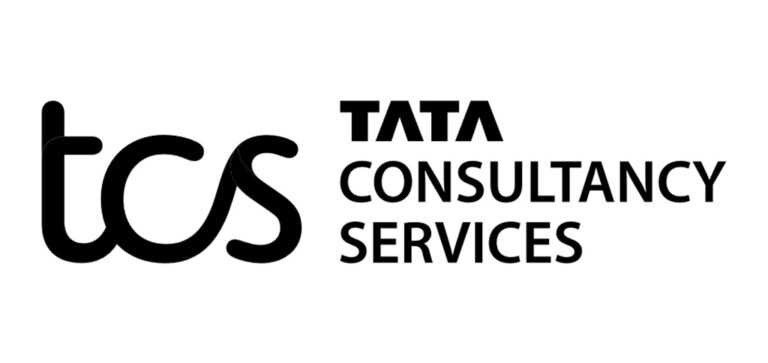The main objective of Situational Interviews is to assess how the candidates might react during different work-related scenarios. This helps identify candidates skills like problem-solving, decision-making, and strategic thinking.
The examples listed below focus on specific skills to be evaluated. They can be changed based on the responses and how you want to assess the candidates.
Question 1: You’ve made an error in a report submitted to your manager. The mistake wasn’t caught until after the report was shared with the client. How would you handle it?
To Assess: Accountability and problem-solving
Sample Answer: “I would immediately inform my manager about the error, take responsibility, and suggest a correction plan. I’d draft an updated report, ensure all data is accurate, and propose a way to communicate the correction to the client professionally. Transparency is essential to maintain trust.”
Question 2: You are leading a team project, and two team members disagree, affecting the progress. How would you handle it?
To Assess: Conflict resolution and leadership
Sample Answer: “I’d arrange a private meeting with both individuals to understand their perspectives. I’d encourage open communication and help them find a compromise aligned with the project goals. If necessary, I’d mediate by outlining clear responsibilities and timelines to refocus their efforts.”
Question 3: You’re assigned an important project with a very tight deadline. How would you approach it?
To Assess: Time management and prioritization
Sample Answer: “I would start by breaking down the project into manageable tasks and setting clear priorities. I’d delegate non-critical tasks if possible and focus on critical deliverables. Regular check-ins and effective communication would help ensure the project stays on track.”
Question 4: Your manager gave you critical feedback about a recent assignment. How would you handle it?
To Assess: Emotional intelligence and adaptability
Sample Answer: “I’d listen carefully to the feedback without taking it personally. I’d ask clarifying questions to understand how to improve and thank my manager for pointing it out. Then, I’d implement the feedback in future assignments to demonstrate growth.”
Question 5: A customer is upset because they received the wrong product. How would you resolve the situation?
To Assess: Customer service and problem-solving
Sample Answer: “I would empathize with the customer and apologize for the error. I’d offer an immediate solution, such as sending the correct product with expedited shipping, and ensure a follow-up to confirm their satisfaction. I’d also investigate the cause of the mistake to prevent recurrence.”
Question 6: Midway through a project, the client changes the requirements significantly. How would you handle this?
To Assess: Adaptability and flexibility
Sample Answer: “I’d revisit the project plan to accommodate the new requirements. I’d communicate with the client to clarify expectations and update the team on changes. If needed, I’d negotiate adjustments to the timeline or resources to meet the new scope effectively.”
Question 7: You have to decide between two equally viable solutions to a problem, but you lack sufficient data to evaluate them fully. What would you do?
To Assess: Decision-making and risk assessment
Sample Answer: “I’d analyze the pros and cons of both solutions based on available data and consult with colleagues or experts for additional perspectives. I’d choose the option that aligns most closely with organizational goals while mitigating risks as much as possible.”
Question 8: You are part of a team where one member consistently misses deadlines. How would you address the situation?
To Assess: Team collaboration and communication.
Sample Answer: “I’d first have a one-on-one conversation with the team member to understand if they are facing challenges. Based on their input, I’d offer support, such as redistributing tasks or adjusting timelines. I’d also ensure team meetings highlight deadlines and accountability to avoid future delays.”
Question 9: You notice an outdated process that is slowing down productivity. How would you address this?
To Assess: Initiative and process improvement
Sample Answer: “I’d analyze the inefficiencies and research alternative approaches or tools. Then, I’d present my findings and a proposed solution to my manager, including benefits like time or cost savings. If approved, I’d lead a pilot program to test its effectiveness before full implementation.”
Question 10: You discover that a colleague is misusing company resources. What would you do?
To Assess: Integrity and ethical judgment
Sample Answer: “I’d document the issue and approach my colleague privately to understand their perspective. If the misuse persists or is significant, I’d report the matter confidentially to my manager or HR, ensuring the issue is handled appropriately without disrupting the team.”




